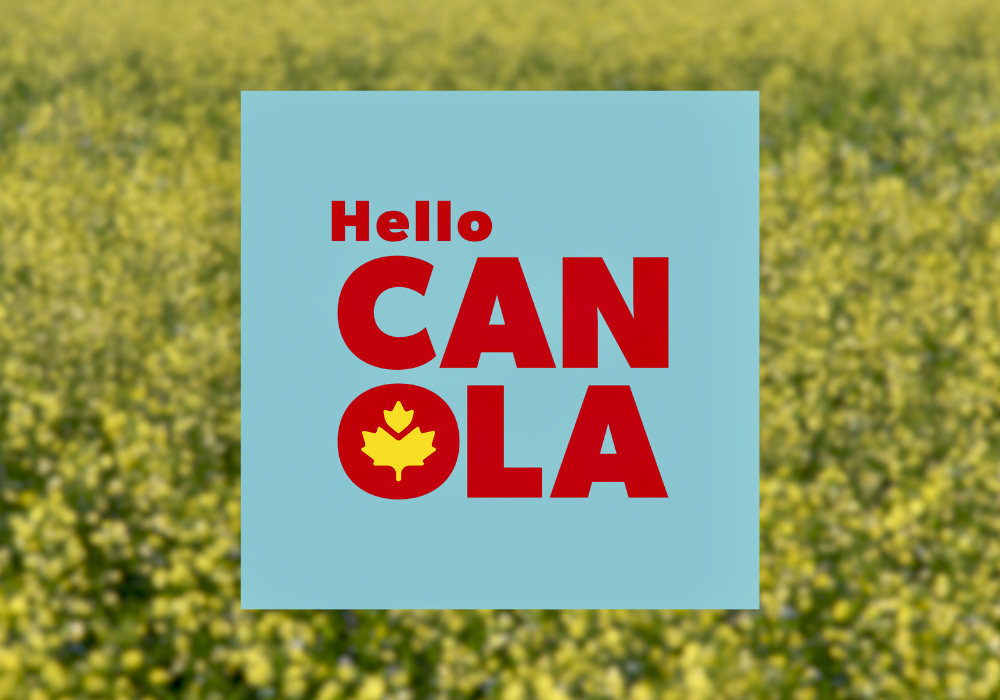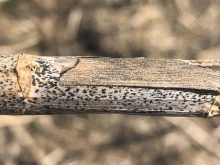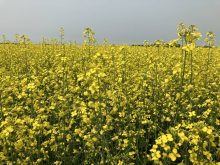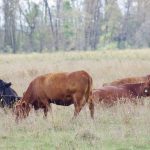Glacier FarmMedia – Groups representing Prairie canola growers have a new campaign to boost their crop’s image among Canadians.
Hello Canola is part of a national canola marketing program jointly funded by Alberta Canola, SaskCanola and the Manitoba Canola Growers.
“The intention of the program is to help move Canadians from apathy for canola into a love space,” said Jennifer Dyck, market development director with Manitoba Canola Growers and the Hello Canola co-lead.
Read Also
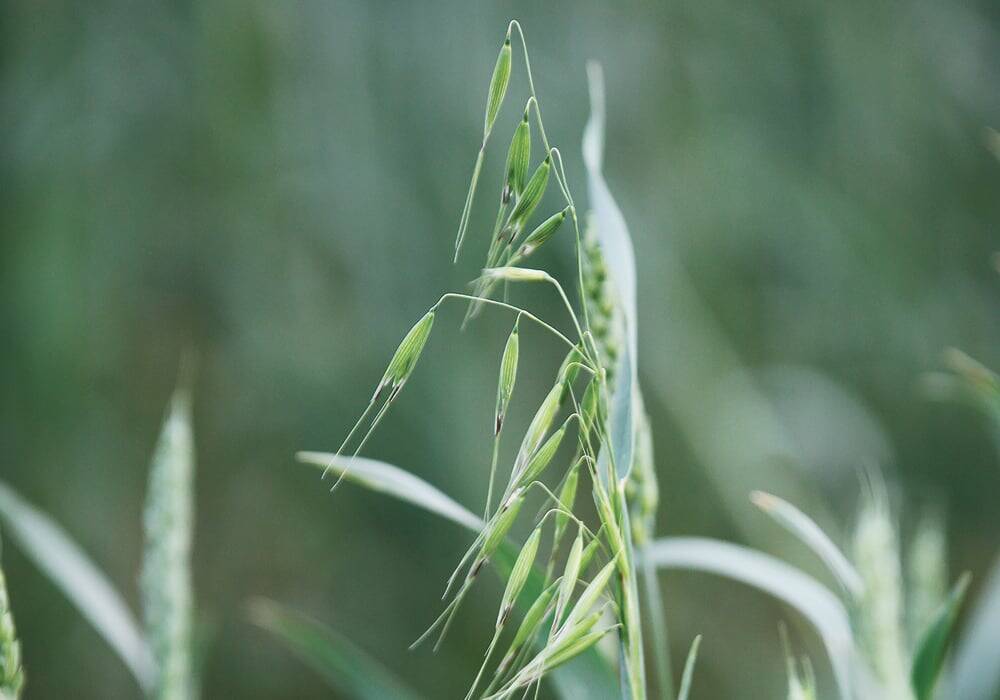
Think beyond the herbicide jug when dealing with wild oats
Wild oats are notoriously hard to manage, but one precision ag specialist offers some tips to growers.
Each of the provincial organizations behind the initiative has dedicated a staff member to the program.
Canola oil is largely the cooking oil of choice in the Prairie Provinces, Dyck noted. That’s not the case east of the Manitoba-Ontario border.
“In the Ontario marketplace, vegetable oil blends tend to be what is selected,” she said. “And so, there’s room to grow.”

Despite that potential market, organizers say the campaign really isn’t about increasing sales. Roughly 90 per cent of Canada’s canola is exported and, even though there is room for growth in the domestic marketplace, those volumes have little chance of moving the needle on overall canola demand.
The program aims instead to engage Canadians and encourage them to be proud of the product.
“We know that Canadians love to choose Canadian products,” said Dyck, pointing to maple syrup as one example.
“Canola is a Canadian crop. It was invented right here in the Prairies through traditional crossbreeding methods. And that’s something that’s not universally known.”
The program is also tied to the role the three provincial organizations have as checkoff dollar recipients.
“One of our requirements is to run market development programs,” said Dyck.
The grower groups also want the campaign to push back against what they say are false ideas among the public.
“We’re seeing a lot of misconceptions around seed oils as a whole,” she said. “In the consumer marketplace right now, I think that there’s a lack of understanding and knowledge around the healthfulness of canola.
“Canola oil is the lowest in saturated fat of all leading vegetable oils, and it is recommended by Heart and Stroke Canada and various other health organizations as the oil to choose.”
From the ground up
Canola group board members have previously discussed the need for some kind of joint outreach to the Canadian consumer. About a year ago, they tapped public relations agency FleishmanHillard Highroad to develop the concept.
“For the past year, we’ve been looking at the landscape and determining the best approach to share the good news of canola with Canadians,” Dyck said.
Hello Canola kicked off with a soft launch last month. The campaign set up a domain name (hellocanola.ca) and one-page website introducing the Hello Canola character, a spokesmodel who introduces herself as “Canadian Canola”.
Videos posted to the site show the character engaging Canadians on the streets of Toronto to test their knowledge of the crop.
“Every person that engaged with us inadvertently learned something,” said Dyck. “It’s really amazing to learn with other adults and have them be curious and then take away a piece of knowledge that they can be proud of.”
Dyck said the soft launch will set the tone for the full campaign slated to start in October.
“The idea is to repopulate the different digital spaces that we were in, re-engage our existing community that we have been reaching out to and who were included in our last program, and to help our stakeholders come along and see what’s happening,” said Dyck. “But the middle of October is where we would consider the official full launch.”
The campaign’s webpage will be updated and expanded in coming weeks and will be fully operational by the October launch.
“This campaign is meant to be informative, but also fun,” said Dyck.
– This article was originally published at the Manitoba Co-operator.

